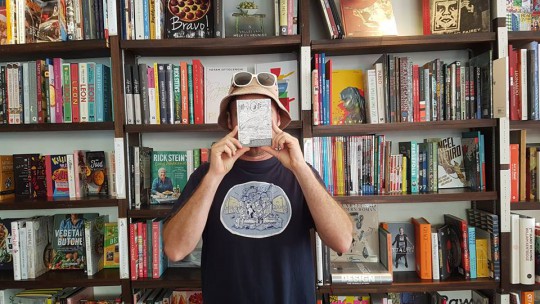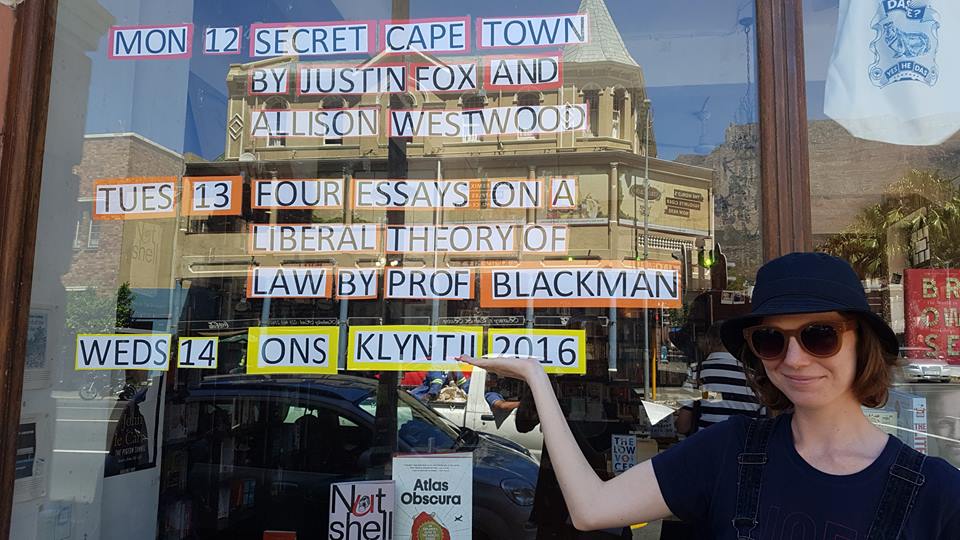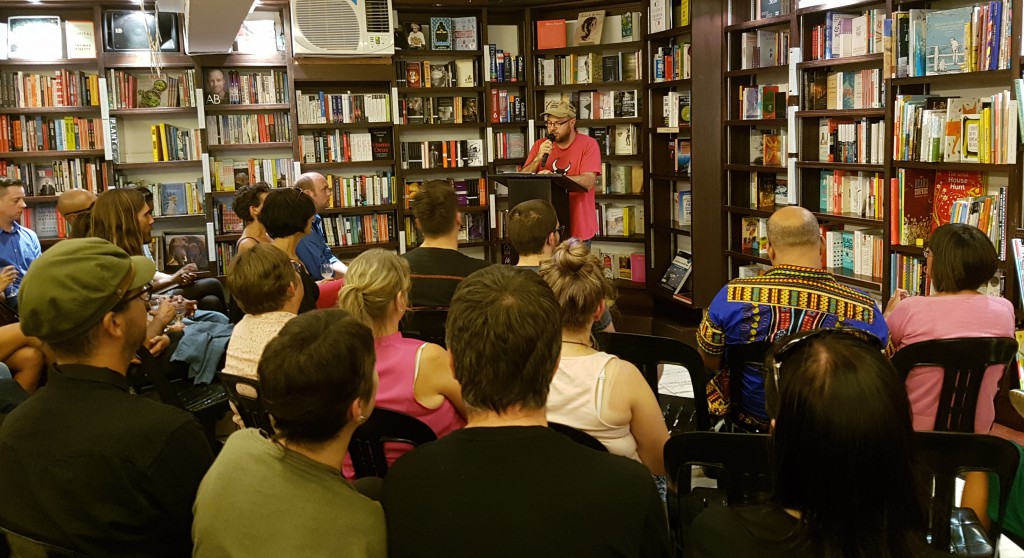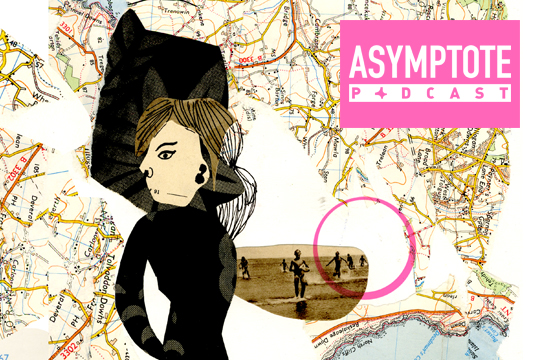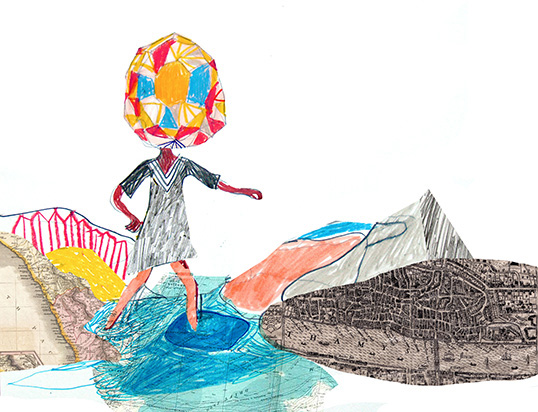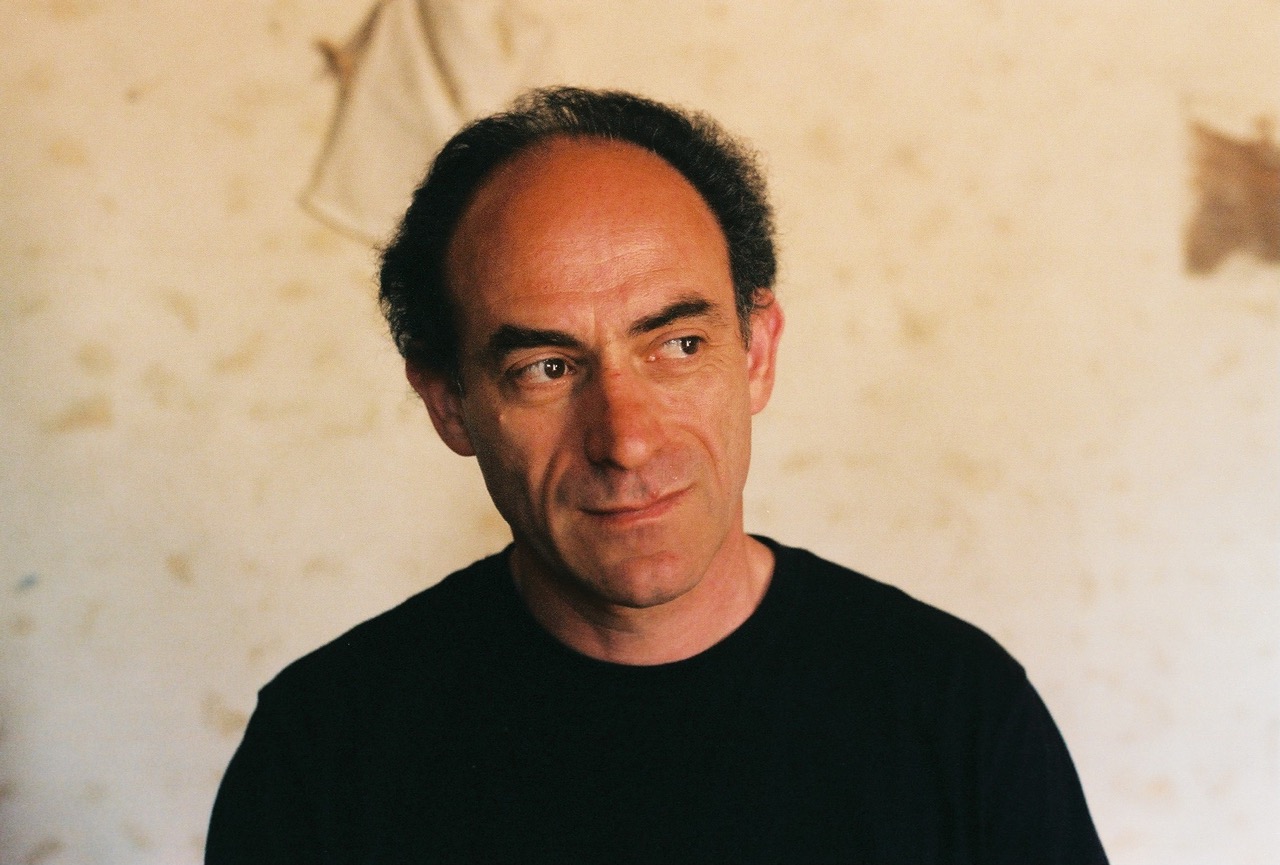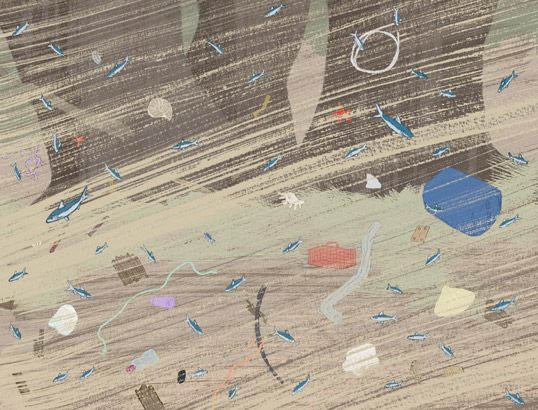Who said being an armchair traveller is no fun? It’s Friday, which means it’s time for a literary trip around the world with Asymptote! From a digital archive of poetry and innovations in Afrikaans literature to Brazilian literary festivals and summertime opera in Austria—our correspondents have lots to fill you in on!
Editor-at-Large Alice Inggs reports from South Africa:
Badilisha Poetry X-change—an online archive and collective of African poets—has announced a tour aiming to document poets who write and perform their work in languages indigenous to South Africa. A previous tour in 2015 visited cities in Botswana, Tanzania, Ethiopia, and South Africa, and recorded material from 186 poets, of which 100 are featured on the Badilisha website. Tour dates will be announced imminently on social media.
Another literary event to look forward to is the Open Book Festival (September 6 to 10, Cape Town). The program list covers topics ranging from small publishers to sci-fi, writing urban spaces, the politics of tertiary institutions, and activating queer spaces in Africa. Top local writers speaking at the event include Achmat Dangor (Bitter Fruit), Etienne van Heerden (30 Nagte in Amsterdam), SJ Naudé (The Alphabet of Birds), Damon Galgut (The Good Doctor), Gabeba Baderoon (A Hundred Silences) and Sindiswa Busuku-Mathese (Loud and Yellow Laughter), as well as award-winning translator Michiel Heyns and playwright Nadia Davids. 2016 Man Booker winner Paul Beatty (The Sellout) will also participate, along with Fiston Mwanza Mujila (Tram 83), European Union Prize winner Carl Frode Tiller, Nigerian author Yewande Omotoso (Bom Boy) and 2017 Caine Prize winner Bushra al-Fadil.
Nthikeng Mohele has been awarded the University of Johannesburg Prize for South African Writing in English for Pleasure, his fourth novel, while Mohale Mashigo picked up the debut prize for The Yearning. Previous UJ Prize winners include Zakes Mda in 2015 and Ivan Vladislavić in 2011.
Three new publications are making waves in Afrikaans publishing. Acclaimed novelist Eben Venter’s Groen Soos Die Hemel Daarbo (soon to be published in translation) explores modern sexuality and identity. It is the author’s first offering since Wolf, Wolf (2013, translated by Michiel Heyns). Radbraak, a debut poetry collection by Tjieng Tjang Tjerries author Jolyn Phillips, presents a new approach to writing Afrikaans, while Fourie Botha’s second (at times surreal) collection, Krap Uit Die See, addresses masculinity, using the sea as metaphor, and medium—that is, a channel between states of being.


